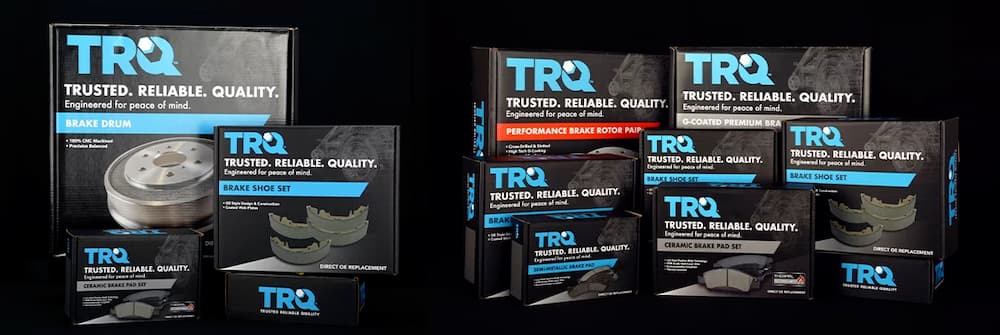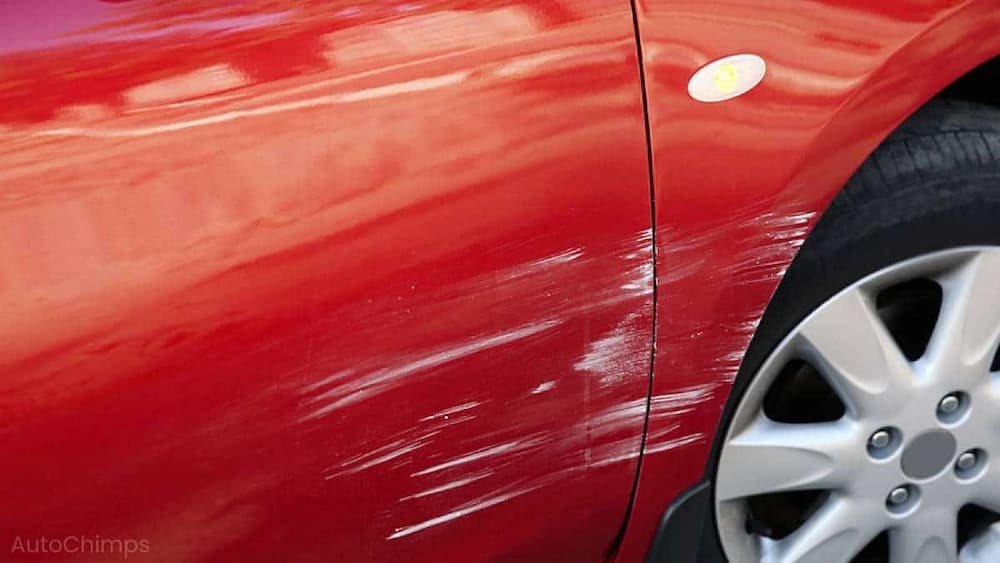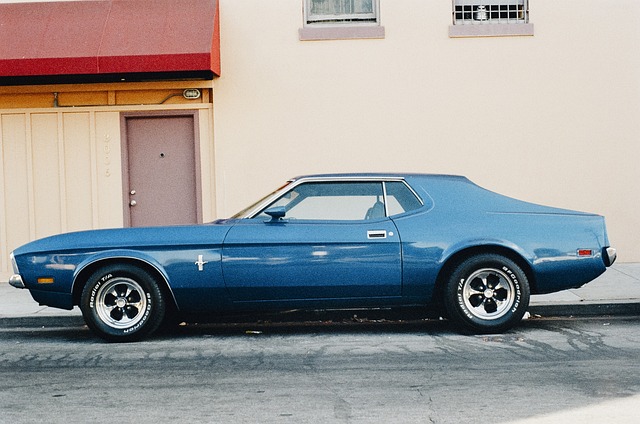First, what exactly is a car with a clear title?
Any liens, debts, claims, or other ambiguities regarding ownership are absent from a clear title. In many transactions, such as the purchase of a car or a house, establishing a clear title is crucial. A title search is typically carried out when dealing with real estate to ensure the title is clear before closing.
Please read the next post where I will provide you with more specific information.
Table of Contents
What Is A Clean Title?
Every car comes with a clean title by default; it is the default title. If a vehicle has a clean title, it means that none of the events that can result in a title brand have ever happened to it, such as flood damage or being declared a total loss.
A clean title car does not mean the car has never been damaged. When a car is seriously damaged, the insurance company may determine that the repairs will be more expensive than the car is worth. When this occurs, the insurance provider may declare the vehicle a total loss.”
An auto gets a title brand if it is declared totaled. However, a car can sustain damage without being completely destroyed. A vehicle can keep its clean title even if it has previously experienced damage as long as the cost of repair is not greater. This is why it’s crucial to have a trustworthy mechanic inspect the vehicle before you make any decisions about purchasing. The VIN of the vehicle can be used to access additional vehicle reports that provide an accident history.
How Do Clear Titles Operate?
Consider that you want to purchase a house. You’ve made an offer on the ideal property, agreed to buy it, and signed the sales contract. After obtaining pre-approval, you can begin the process of closing, which includes gathering your documents, scheduling a home inspection, and removing any contingencies you may have included.
Sadly, you learn some unfavorable information after the title company has finished its search. The contractor who recently finished the kitchen renovation for the property’s owners has filed a lien against the property to recover the unpaid balance because the owners haven’t paid.
Most mortgage lenders demand that you buy title insurance, which guards them against any title flaws after you purchase your property.
The owner does not possess a clear title as a result of this lien. In this situation, the sale is halted pending owner title clearance.
The sellers might still be able to proceed, depending on the circumstances. The title can be cleared if the debt is paid in full right away. Additionally, they can agree to have the renovation expenses covered out of the sale’s proceeds.
Here are some typical causes of unclear titles for properties:
- Unpaid state taxes
- Unpaid federal taxes
- Lien for unpaid work on the home
- Unpaid homeowners association (HOA) dues or fines
- Unpaid child support
- Bankruptcy filings
Other options for removing liens include contesting them, usually with the assistance of an attorney, or getting a bond so that the home sale can proceed. The title will be freed from the lien if a surety bond is used as collateral for the remaining debt.
The fastest way to clear a lien and thus the title is simply to pay the debt owed.2
How Does It Affect You?
Purchasing real estate without a clear title can be challenging for buyers. If anyone makes a claim against the title, doing so might cause problems in the future. If you conduct a title search, for instance, you might discover, as in the case mentioned above, that the owner still owes a contractor money for work done on the house. Alternatively, you might discover that the owner hasn’t paid the property taxes in a while or that they’re at odds with the neighbor over the location of a shared property line. You would want to resolve each of these concerns before accepting the liability.
Having a clear title is crucial for sellers because they cannot sell their property while it is subject to liens, judgments, or claims. Title ambiguity can cause delays in the process that can be expensive and annoying for both parties. See more about How To Clean Car Windows
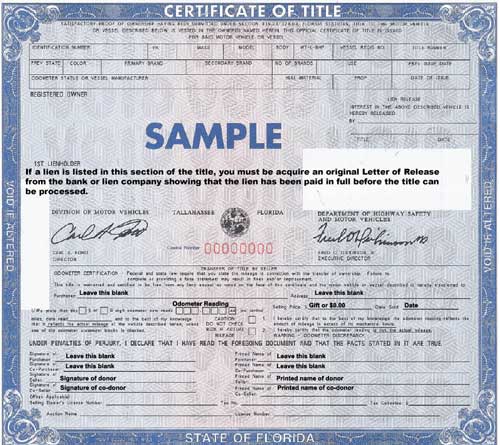
What Are The Different Types Of Car Titles?
The following car titles are the most common:
- Clear title: By checking this box, you can confirm that the car has no unpaid debts of any kind that would prevent a sale. It is the best car title to have and, in many cases, the only one that qualifies you for a loan to buy a car.
- Salvage title: This is given to a car that has had its value significantly reduced by a serious accident, subsequent repairs, or theft. If an automobile loses more than 75% of its original value, it will be issued a salvage title. A salvage title lowers a car’s value and typically disqualifies it from financing, according to ItStillRuns.com. The salvage title is typically given out by the vehicle’s insurance provider and may even be given out to vehicles that have minimal or no deterioration. Vehicles bearing this title are permitted to be driven as long as they can pass a safety inspection.
- Junk title: Cars that have been sold to junkyards and will either be sold for scrap metal or disassembled and sold in pieces are given a junk title. In some states, salvage and junk titles are treated equally.
- Bonded title: This title is issued to vehicles without ownership documentation, and the new owner is given a security bond equating to the vehicle’s value. The owner is reassured that they will be financially safe from any potential ownership claims thanks to this. Three to five years are the duration of a bonded title.
- Reconstructed title: For automobiles that have undergone significant repairs or modifications. It is given out by the insurance provider or the facility that carried out the restoration or modification, such as a collision repair facility, body shop, or authorized auto body shop. A rebuilt vehicle can be registered for regular use once it has undergone inspection and been found safe for use on public roads.
- Affidavit title: In cases where the car documents are missing, this title is granted under an affidavit.
- Rebuilt title: This title, which is comparable to one for a vehicle that has been substantially rebuilt, is for such vehicles. It is also issued by the insurance provider or the location where the rebuilding was completed, such as a collision center, body shop, or authorized vehicle rebuilder. If the vehicle passes a safety inspection, it is permitted to be driven on public roads.
- Water damage title: This title is granted to vehicles that have suffered significant water damage, possibly as a result of thunderstorms, flash floods, hurricanes, or other weather-related events. It is a good idea to have your car checked for water damage even if you don’t live close to where these things occur.
- Rollback odometer title: This designation is given to a car whose odometer has been secretly and unlawfully turned back so that it will show a lower mileage than the vehicle actually has. A skilled mechanic can typically tell if a rollback has happened.
- Dismantled title: According to RideSafely.com, a dismantled title, which is comparable to a salvage title, is given to vehicles that have sustained damage that would make it uneconomical to repair them. A dismantled title is required to sell the car’s salvageable components when the cost of repairs exceeds the value of the vehicle.
Title laundering refers to any attempt to alter or conceal a vehicle’s designated title; it is prohibited.” This is done in an effort to deter car dealers from asking too much for damaged vehicles.
Can A Clean Title Car Have Problems?
Now that you know what it means to have a clean title, let’s look at how this general, frequently misleading term can hide significant problems on a used car being offered for sale at your neighborhood dealership. A clean title vehicle may have the following problems, to name a few:
- Even a vehicle with a clear title could be mechanically defective. These problems might include transmission problems or engine failure. Even though the powertrain is broken down, you can purchase a vehicle with a clear title.
- Sloppy repairs may be concealed by a clear title. To avoid filing an insurance claim that will raise their premiums, owners occasionally choose to fix collisions, fire damage, or electrical problems on their own or by paying cash under the table. These unreported hidden repairs are not recorded on the vehicle history report or the status of the car title.
- The equivalent of “reconstructive surgery” may have been performed on a car with a clear title.” The repairs for some collisions cost insurers tens of thousands of dollars. The frame or structural damage that results from this severe damage is frequent. The car still has insurance and a clear title after being deemed sufficiently repaired.
Why Purchase A Vehicle With Branded Title?
- Sometimes the best vehicle for you isn’t one with a clear title. A branded title can frequently give your family better results. Transparency and accountability are present when you look at an AutoSavvy vehicle with a branded title; this results in a better vehicle and better service.
- Nothing is being concealed by a vehicle with an AutoSavvy brand title. When a car with a branded title is sold, a report detailing the vehicle’s health, history, and repairs in detail is also provided. When you purchase a vehicle with a clear title, do you get that? Probably not.
- The car has gone through a thorough 151-point professional inspection. A vehicle with a branded title has undergone a comprehensive inspection and repair process before being sold. Additionally, it goes through a thorough inspection at the DMV before being recertified and given a rebuilt title. In comparison to vehicles with clean titles, the requirements are much stricter. The thorough inspection and restoration process that a vehicle with a branded title goes through is not one that your typical used car goes through. When comparing a clean title vs. salvage title, which would you prefer?
What Is Title Washing?
Fraud is a type of title washing. Title brand concealment is the fraud’s goal. Title washing is a tactic used by criminals who want to defraud buyers by selling cars without disclosing the title brands. Clearly, this is against the law.
Several methods exist for title washing to occur:
- States have different laws governing title branding. If a vehicle is moved into a state that doesn’t recognize a particular title brand, it’s possible that the brand will be dropped from the title.
- A car title is a written record. The paper document that conceals previous title brands can be physically altered by criminals so the buyer is unaware of prior damage.
- Reapplications for vehicle titles are accepted. A car could lose a brand that was on the previous title if past information about the vehicle is withheld during the application process.
Even though title washing techniques vary, they are all considered to be fraud. You should notify the authorities in your state if you think there has been title washing.
By having the car inspected by a mechanic you trust before you purchase a used vehicle, you can guard against title washing. Even if it isn’t mentioned in the title, good mechanics should be able to recognize prior damage. See more about Car Shuts Off While Driving
Clean Titles & Insurance
Cars with clear titles are generally preferred by insurance companies. Remember that finding insurance for a vehicle with a branded title will be more challenging. Certain title brands prevent automobiles from being insured.
Most insurers will be glad to offer liability coverage if you purchase a vehicle with a rebuilt title. However, it will probably be challenging to find a provider who will consent to provide you with full coverage.
Full coverage is a group of insurance policies that pay for repairs to your car if it is damaged in an accident or another incident, like a natural disaster. These policies include collision and comprehensive coverage.
Because the car may already have significant damage when the policy is in place, car insurance companies don’t like to offer full coverage to vehicles with rebuilt titles. The provider might not be able to distinguish between new damage and damage that was already present if the car sustains damage that is covered by the policy.
Therefore, if you purchase a vehicle with a rebuilt title, be aware that you might only be able to find an insurer who offers liability coverage. If you purchase a vehicle with a salvage title, you won’t be able to insure it until the vehicle has been repaired and the title has been changed to rebuilt. This is due to the fact that salvage cars are illegal to drive.
The Bottom Line
So what precisely is a clear title?
In order to have a clear title, a vehicle must be free of any outstanding debts.
If you sell a car privately without telling the buyer that you owe a finance company money on it, the finance company may take the car away from the buyer. Additionally, selling a vehicle with liens on it could subject you to legal action or even prosecution.
When you trade in your car to buy a new one from a dealer, the dealer will deduct the balance you still owe from the trade-in value.
Have a try!
Regarding your reading, thank you.

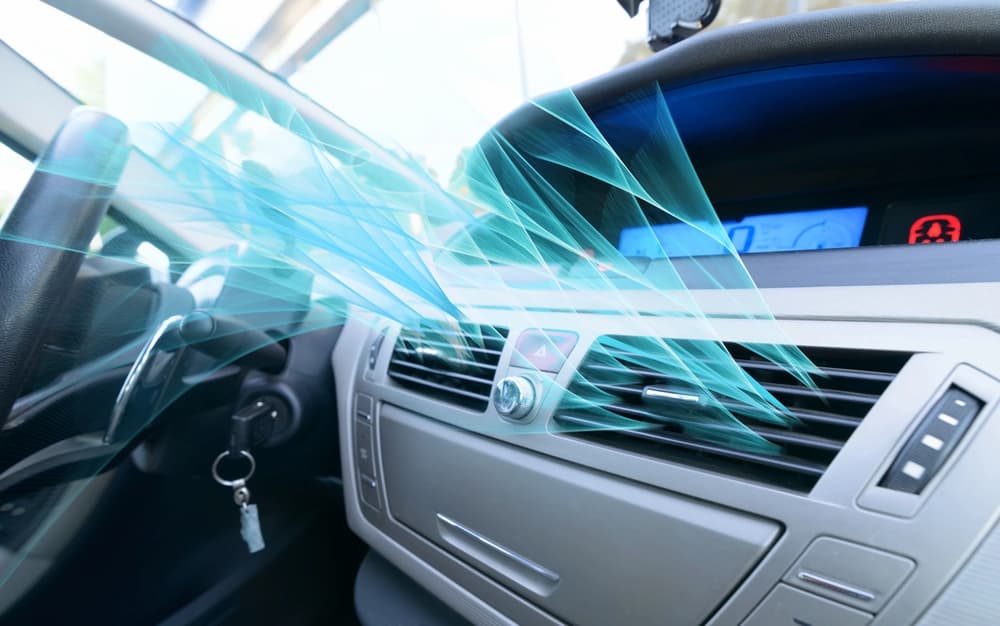
-2.jpg)




